Comprehensive Guide to HVAC Repair: Common Issues and How to Fix Them
A well-functioning HVAC system is essential for maintaining a comfortable indoor environment and keeping energy costs in check. Regular upkeep ensures optimal airflow, consistent temperature control, and reduced strain on critical components. Ignoring early warning signs can lead to costly repairs and higher energy consumption. Timely maintenance not only protects equipment but also extends its lifespan. In this blog, you’ll find practical strategies to identify and address common HVAC problems before they escalate.
Key Takeaways
- Regular maintenance, including replacing air filters and cleaning evaporator coils, is crucial for HVAC efficiency and longevity.
- Common HVAC issues like thermostat malfunctions, refrigerant leaks, and dirty filters can significantly impact system performance and lead to higher energy bills.
- Routine inspections and timely repairs are essential to prevent serious problems such as water leaks, short cycling, and pilot light issues, ensuring optimal operation of HVAC systems.
Dirty or Clogged Filters
One of the most common issues we encounter with HVAC systems is dirty or clogged filters. When air filters are dirty or clogged, they restrict airflow, forcing the HVAC system to work harder and consume more energy. This not only leads to higher energy bills but also increases the risk of system failure. Dirty filters are often the result of poor maintenance, and they can significantly impact the efficiency of your HVAC system, leading to poor airflow.
Air filters should be replaced every 2-3 months to maintain good indoor air quality and system efficiency. Explore common air conditioning problems and repairs to benchmark symptoms like restricted airflow and frozen coils against proven fixes. Total Comfort Cooling & Heating recommends routine filter checks and replacements to keep your system running smoothly and prevent costly breakdowns.
How to Replace Air Filters
Replacing the air filter in your HVAC system is a straightforward process that doesn’t usually require professional assistance. Consult your unit’s manual first. This will help you confirm the correct type and size of the air filter. Using the wrong filter can compromise the efficiency of your air conditioning system.
Once you have the correct air filter, follow these simple steps:
- Turn off the HVAC system.
- Locate the air filter compartment.
- Remove the old filter.
- Insert the new one.
Regularly replacing your air filter will help maintain good airflow and ensure your air conditioning unit operates efficiently.
Thermostat Malfunctions
Another common issue that can affect the performance of your HVAC system is thermostat malfunctions and air handler malfunctions. A malfunctioning thermostat can prevent your system from reaching the desired temperature, leading to discomfort and inefficiency. Old thermostats, typically over 10 years old, may slowly decline in performance, resulting in inaccurate temperature readings. For accurate diagnostics and reliable repairs, Total Comfort Cooling & Heating provides professional thermostat inspections to keep your system operating at peak performance.
Improper placement of a thermostat can also impact its accuracy. It should be installed away from drafts and direct sunlight to ensure accurate temperature readings. Accumulation of dirt and debris on a thermostat can further affect its functionality, making regular cleaning essential.
Troubleshooting Thermostat Issues
Suspect a malfunctioning thermostat? First, check the thermostat settings. Sometimes, a simple adjustment fixes the problem. If not, replace the batteries. This simple fix can often restore functionality.
Should the issue continue after these steps, contact a professional HVAC technician for a thorough inspection. They can diagnose the HVAC issues and recommend the best course of action to ensure your HVAC system operates efficiently.
Refrigerant Leaks
Refrigerant leaks are a serious issue that can significantly reduce the cooling capacity of your HVAC system. Low refrigerant levels can lead to frozen evaporator coils, preventing proper air cooling and causing the system to blow warm air. Additionally, formic acid corrosion from indoor pollutants is a significant cause of refrigerant leaks. Trust Total Comfort Cooling & Heating to identify and fix refrigerant leaks safely, ensuring optimal cooling and energy efficiency.
Increased humidity levels and hissing sounds can signal low refrigerant levels, indicating a potential leak. Proper humidity levels and refrigerant leaks can be dangerous to handle, and it’s essential to contact an HVAC professional to address them.
Identifying and Fixing Refrigerant Leaks
Warm air, hissing sounds, and frozen evaporator coils signal refrigerant leaks. Act quickly and:
- Contact an HVAC professional immediately.
- Avoid handling refrigerant yourself, as it can be dangerous.
- Seek professional assistance for refrigerant issues.
Corrosion, wear and tear, and poor installation commonly cause refrigerant leaks. An electronic leak detector can help identify these leaks. Discover leaks or ice on the evaporator coil? Contact an HVAC repair professional for a safe solution.
Dirty Evaporator Coils
Dirty evaporator coils can severely hinder the efficiency of your air conditioning system. When evaporator coils are dirty, they reduce the system’s cooling capacity and lead to elevated energy expenses. This can cause the HVAC system to undergo longer cycles, resulting in higher energy bills and poor indoor air quality. A frozen evaporator coil can also contribute to these issues.
It’s crucial to address dirty evaporator coils promptly to ensure optimal cooling and energy efficiency. Regular maintenance can prevent these issues and keep your HVAC system running smoothly. The technicians at Total Comfort Cooling & Heating provide expert coil cleaning and maintenance, ensuring maximum efficiency and air quality.
Cleaning Evaporator Coils
Cleaning evaporator coils should be part of regular HVAC maintenance to ensure efficiency. A soft brush is recommended for safely cleaning evaporator coils, significantly improving air conditioning performance.
Regular cleaning maintains good airflow and prevents costly issues. Unsure about cleaning coils? Schedule maintenance with a professional.
Water Leaks from the Unit
Water leaks from an HVAC unit can cause significant damage if not addressed promptly. Clogged condensate drain lines are a common cause of water leaks in HVAC systems. If water spills out from a clogged drain line, it can lead to potential damage and mold growth.
Regular maintenance and inspections can help prevent water leaks and ensure your HVAC system operates efficiently. If you notice any signs of water leaks, it’s essential to address them quickly to avoid costly repairs. Total Comfort Cooling & Heating offers thorough inspections and maintenance to stop leaks before they cause significant damage.
Clearing Condensate Drain Lines
To prevent and address clogs in the condensate drain line:
- Pour bleach down the pipes periodically to prevent clogs.
- If drain lines are clogged, pour bleach down the pipes to clear obstructions.
- If issues persist, seek assistance from a professional.
Water leakage in HVAC systems can also be caused by a damaged drain pan that obstructs the flow of water and prevents proper drainage. If the condensate pump fails, water may accumulate and lead to leaks from the HVAC unit.
Regular maintenance can help prevent these issues and keep your system operating properly and running smoothly.
Uneven Heating or Cooling
Uneven temperatures in different rooms can be caused by factors such as poor insulation, blocked vents, or ductwork issues. Insufficient attic insulation can cause significant heating and cooling loss, affecting overall comfort. Blocked vents can prevent proper air circulation, causing certain rooms to remain warmer than others.
Leaks in the ductwork can lead to a loss of cool air, resulting in inconsistent temperatures throughout the home. With zoning solutions and precise airflow adjustments, Total Comfort Cooling & Heating helps create balanced temperatures in every room. Addressing these issues can help ensure even heating and cooling in all areas of your home.
Balancing Temperature Distribution
Better insulation regulates indoor temperatures and reduces energy costs. Adjusting ductwork dampers ensures even airflow and balanced temperatures. Installing a zoning system allows for independent temperature control in different areas of the home, including the indoor unit and the outdoor unit of the cooling system, making it more comfortable and energy-efficient.
Switching fan settings from AUTO to ON promotes consistent air circulation, enhancing temperature distribution. These steps can help achieve a more balanced and comfortable indoor environment.
Blowing Hot Air
Common causes of an HVAC system blowing hot air include:
- Dirty filters: restrict airflow, causing warmer air to be blown into the home.
- A damaged compressor: disrupts the refrigerant cycle.
- Low refrigerant levels: prevent the system from cooling the air properly.
Total Comfort Cooling & Heating delivers expert diagnostics and targeted repairs to quickly restore proper cooling performance.
Steps to Resolve Hot Air Issues
Replacing dirty air filters is crucial because clogged filters can restrict airflow and cause HVAC systems to malfunction. To maintain your HVAC system:
- Check refrigerant levels.
- Ensure the compressor is functioning correctly.
- If issues persist, contact an HVAC professional for further diagnosis and repairs.
Regular maintenance can prevent many of the common causes of blowing hot air, ensuring your HVAC system operates efficiently and effectively, and can blow warmer air.
Strange Noises from the HVAC System
Loud banging or screeching sounds may indicate a problem with the HVAC system. Different noises can suggest specific issues:
- Grinding noises usually indicate worn bearings and can also suggest other types of mechanical problems.
- Banging noises can be caused by expanding or contracting ducts.
- Obstructed airflow due to dirty or clogged air filters can cause additional noise.
Rattling noises in an HVAC system could suggest that there are loose parts. Additionally, it may indicate the presence of debris within the system. If you hear clicking or rattling noises from the compressor, it is advisable to seek help. Contact an HVAC professional for assistance. Rely on Total Comfort Cooling & Heating to detect and resolve unusual sounds, protecting your system from long-term damage.
Diagnosing and Fixing Noises
Inspect for loose parts or debris when troubleshooting unusual noises from the HVAC system. Tightening loose components and clearing obstructions can resolve minor noise issues. If you smell burning odors coming from the ductwork, contact a professional immediately.
Unable to locate the source of strange noises? Consult an expert for diagnosis and repairs. Regular maintenance prevents noise issues and ensures efficient operation.
High Energy Bills
Sudden high energy bill increases may indicate HVAC inefficiencies:
- Inefficient operation leads to higher bills.
- Refrigerant leaks can significantly escalate energy costs.
- Refrigerant leaks can shorten the lifespan of HVAC systems.
Leaky ducts can cause increased energy bills and comfort issues in the home. If energy bills skyrocket without any change in circumstances, investigate HVAC system efficiency issues. Regular HVAC maintenance enhances energy efficiency and lowers utility bills. Avoid escalation by understanding the risks of delaying air conditioning repairs, including higher utility spend and premature component failures. Total Comfort Cooling & Heating specializes in energy-efficiency assessments and system tune-ups to reduce bills and enhance comfort.
Reducing Energy Costs
Regular maintenance of HVAC systems and HVAC units by professionals can enhance efficiency and prevent problems that increase energy costs. High-efficiency HVAC systems reduce energy consumption and lower utility bills significantly. Learn how to make your HVAC more energy efficient.
Timely maintenance reveals minor issues before they escalate, keeping energy bills in check and extending your HVAC system’s lifespan.
Short Cycling
Short cycling is a term used to describe when your HVAC system turns on and off frequently without completing a full cycle. This can lead to inconsistent temperatures throughout the home and increased wear and tear on the system. Common causes of short cycling include:
- Electrical issues
- Dirty filters
- Thermostat malfunctions
- An improperly sized HVAC system.
An oversized HVAC system can lead to short cycling by cooling or heating the space too quickly, while an undersized system may struggle to maintain temperature, leading to similar behavior. When costs and performance diverge, evaluate whether to repair or replace your air conditioner to make a data-driven lifecycle decision. To diagnose short cycling issues, check for electrical system problems such as loose connections, burnt wires, or faulty electrical controls. Count on Total Comfort Cooling & Heating to identify the root cause and provide lasting solutions to prevent short cycling.
Preventing Short Cycling
Preventing short cycling involves regular maintenance and checking your HVAC system for common issues. Key steps include:
- Regularly changing air filters every 2-3 months to prevent airflow restrictions that cause the system to overwork and short-cycle.
- Ensuring your thermostat is functioning correctly.
- Replacing thermostat batteries as needed.
Suspect an improperly sized system or persistent electrical issues? Seek professional assistance. An HVAC professional can diagnose the problem and recommend the necessary adjustments or repairs to prevent short cycling and ensure the proper functioning of circuit breakers.
Pilot Light and Ignition Problems
Pilot light and ignition system issues often involve:
- Thermocouple malfunctions, which can shut off the gas supply and extinguish the pilot light.
- Dirty components, such as a dirty flame sensor, can prevent the furnace from igniting and should be cleaned regularly.
- Gas supply problems.
- Ignition failures.
Checking that the gas valve is fully open is critical to restore function if gas supply issues are suspected. Air drafts from external sources can extinguish the pilot light, necessitating protective measures around the furnace, including the use of flame sensors.
The team at Total Comfort Cooling & Heating delivers expert troubleshooting and safe repairs for reliable ignition performance. Persistent pilot light issues may require professional diagnosis, especially if basic troubleshooting fails.
Addressing Pilot Light Issues
If the pilot light won’t stay lit, follow these steps:
- Relight it per the manufacturer’s instructions.
- Clean the area.
- Check the gas supply.
- Inspect the thermocouple.
Ensure the gas supply to the furnace is on and check the gas valve if supply issues are suspected.
If pilot light issues persist or if you encounter risks associated with fixing a pilot light yourself, contact a professional for diagnosis and repairs.
Regular maintenance and timely repairs can help prevent these most common HVAC problems and ensure your system operates efficiently.
Routine Maintenance for Longevity
Routine maintenance is essential for the longevity and efficiency of your HVAC system. Regular maintenance services significantly extend HVAC system lifespans. Bi-annual maintenance visits are crucial for optimal HVAC performance and longevity.
Neglecting maintenance leads to decreased efficiency, higher energy bills, and system breakdowns. Regular checks prevent strange noises, short cycling, and other issues, ensuring smooth and efficient operation. Total Comfort Cooling & Heating provides comprehensive maintenance services to keep your HVAC system performing at its best all year long.
Scheduling Maintenance Services
Perform HVAC maintenance twice a year for optimal performance. Timely repairs prevent further damage and reduce costs. Video inspection camera technology pinpoints areas needing cleaning and maintenance.
Neglecting the condensate pump can cause overflow and leaks. To ensure efficient HVAC operation, consider the following:
- Regular professional maintenance prevents overflow and leaks.
- Seek professional assistance for routine maintenance.
- Proper maintenance keeps your system running smoothly.
Ensuring Long-Term HVAC Reliability
Keeping your HVAC system in peak condition requires proactive care, prompt repairs, and consistent professional maintenance. Addressing issues like dirty filters, thermostat malfunctions, and refrigerant leaks early safeguards efficiency and reduces energy costs. A well-maintained system enhances comfort, extends equipment lifespan, and protects your investment year-round.
At Total Comfort Cooling & Heating, we specialize in delivering reliable solutions for HVAC in North Port. From thorough inspections to expert repairs and energy-efficient upgrades, we ensure your home stays comfortable no matter the season. Count on our experienced team to provide dependable service and lasting results. Schedule your HVAC care with us today.
Frequently Asked Questions
What type of HVAC systems does Total Comfort Cooling & Heating recommend for Port Charlotte?
Total Comfort Cooling & Heating recommends energy-efficient heat pumps or central HVAC systems for Port Charlotte. These options provide optimal performance and comfort.
What characteristics should a reliable HVAC contractor have, according to Total Comfort Cooling & Heating?
A reliable HVAC contractor should be licensed, insured, and demonstrate a proven record of customer satisfaction. These characteristics ensure professionalism and accountability in their services.
How often should HVAC maintenance be scheduled in Port Charlotte?
For optimal performance, HVAC maintenance in Port Charlotte should be scheduled twice a year, ideally in the spring and fall. This ensures your system runs efficiently year-round.
What HVAC services does Total Comfort Cooling & Heating provide in Port Charlotte?
Total Comfort Cooling & Heating provides exceptional heating and air conditioning services for residential and commercial properties in Port Charlotte. Their expertise ensures optimal comfort for every client.
What warranties does Total Comfort Cooling & Heating provide for new system installations?
Total Comfort Cooling & Heating provides a 10-year parts warranty and a 1-year labor warranty, with the option to extend labor coverage to 10 years.
READY FOR YOUR NEXT HEATING OR COOLING PROJECT?
Contact us to get a quote and see why our customer service is recognized as the best in the industry.
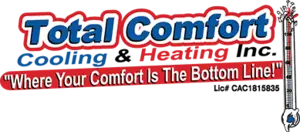
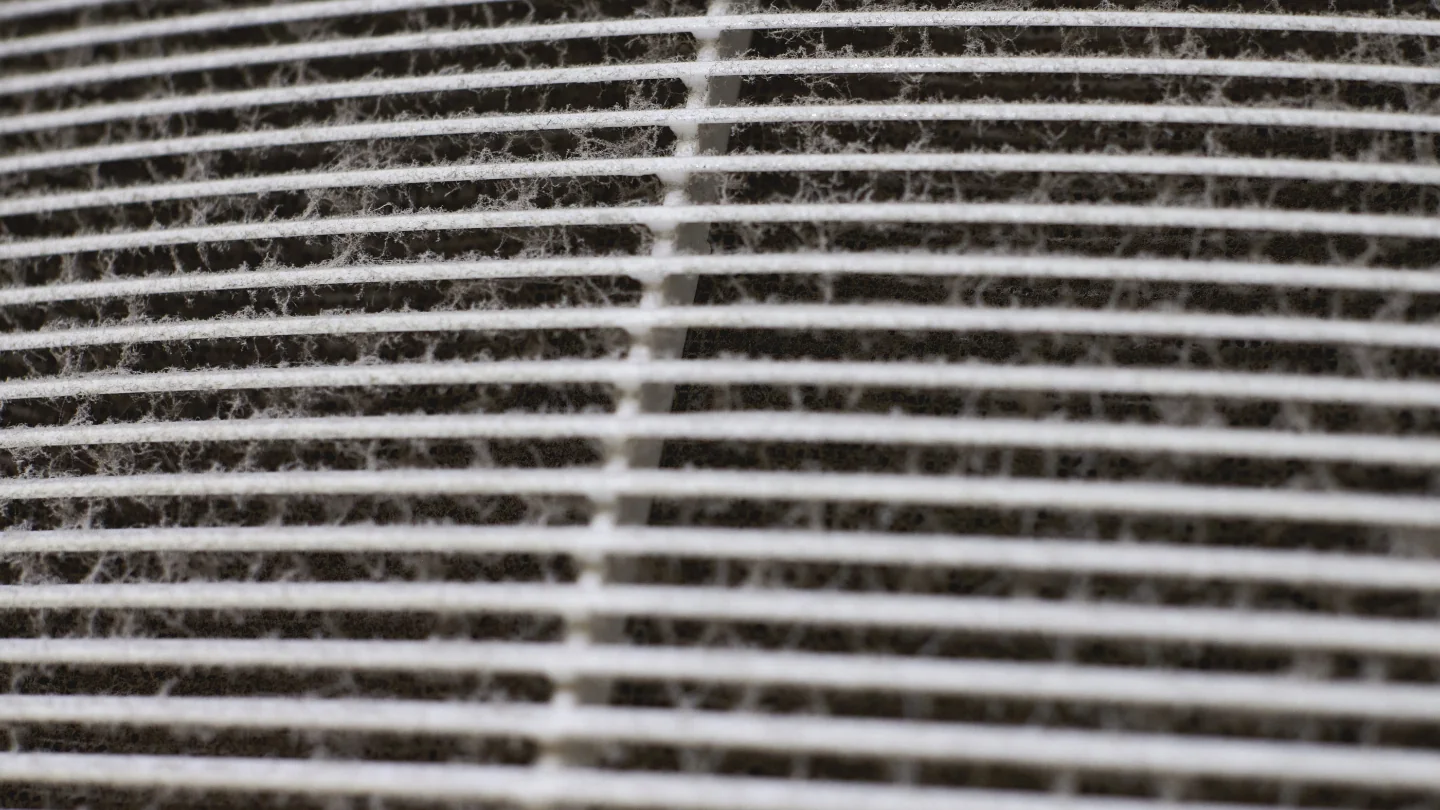
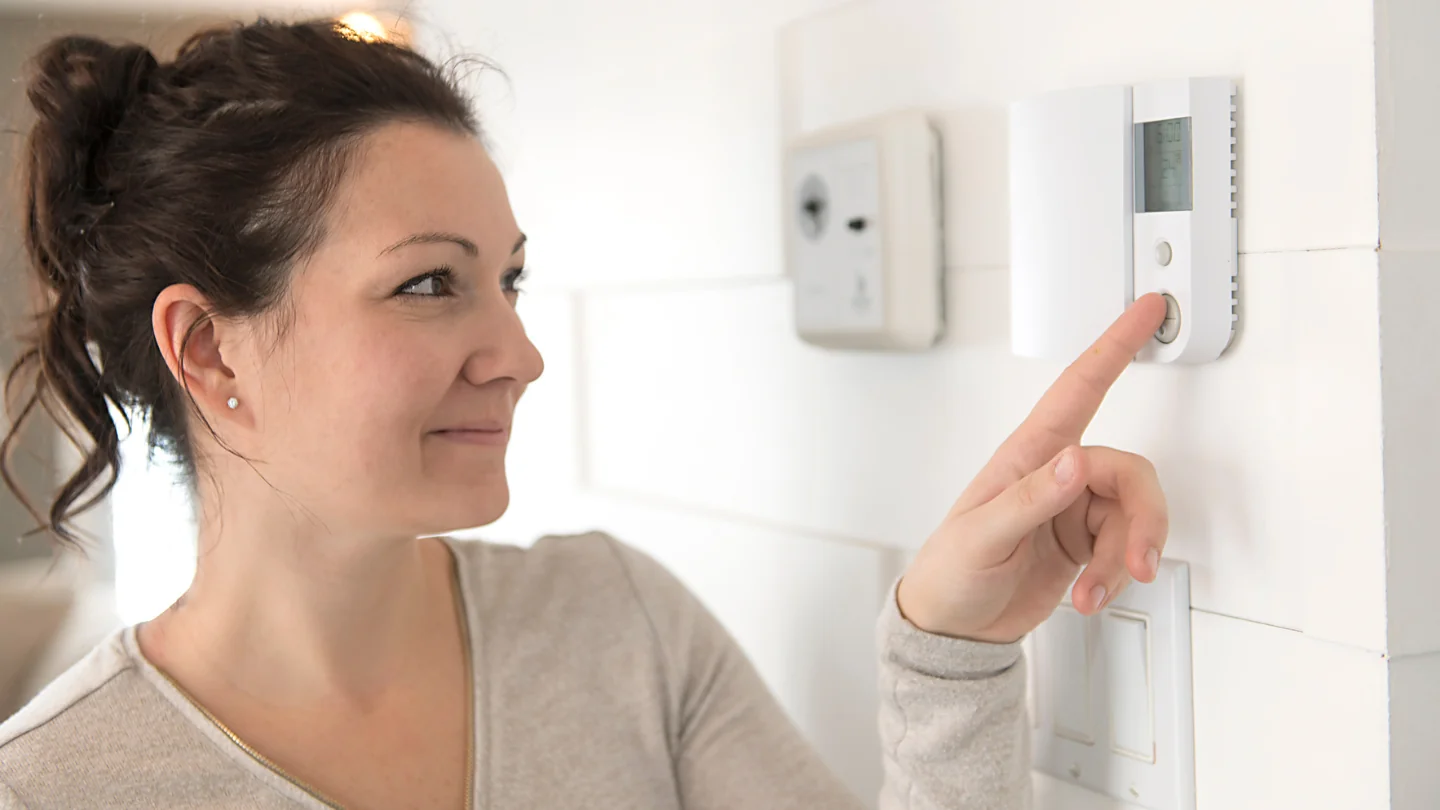
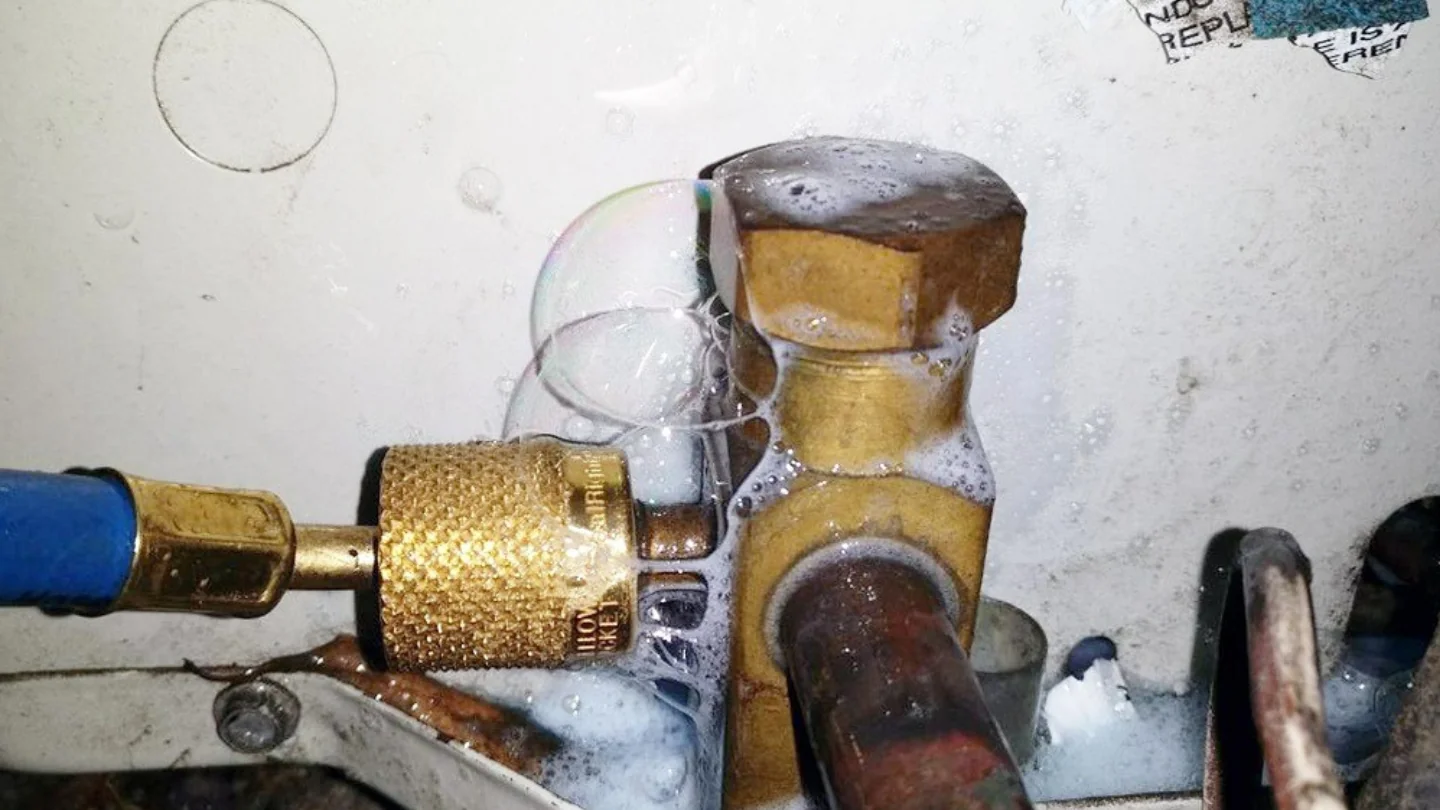
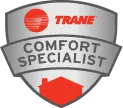





 Special Offer: 12 Months - No Interest, No Payments!
Special Offer: 12 Months - No Interest, No Payments!